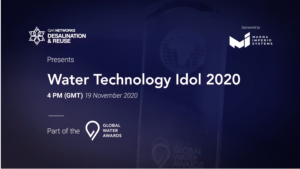Meeting Information
Water Tech Idol 2020
What are the big ideas that have the potential to change the face of desalination and water reuse? Picking winners at an early stage is extremely difficult but Tech Idol has a remarkable success rate, highlighting the potential of breakthrough technologies such as NanoH2O, Voltea and Gradiant, well before the rest of the market had twigged to their advantages.
On November 19th we brought together five of the hottest ideas in desalination and water reuse, and pitched them against each other in front of our lethal judging panel to help uncover the game changer.
Water Technology Idol 2020 - Winner
The Barrel SWRO, presented by Jean-Baptiste Thubert, Technical Director, SIDEM-VEOLIA
A plug-and-play approach to seawater RO, which uses a large-diameter carbon steel vessel that is factory assembled and may contain over 200 RO membrane elements, each of which is equipped with a digital sensor to enable operator monitoring. The arrangement allows for outdoor operation and a reduction in plant footprint.
Water Technology Idol 2020 - Distinction
Desal Software-as-a-Service, presented by Mike Dixon, CEO, Synauta
A secure, easy-to-deploy machine learning software package that yields desal plant energy savings. Using algorithms tailored to best predict efficiencies for a given plant, Synauta collaborates with operators to collect the correct data, and deliver a process equipment and instrumentation analysis. Plant flows are manipulated to ensure performance goals are met at a minimum energy input. Following an assessment phase, operators control inputs, and software is integrated with the plant SCADA system.
Water Technology Idol 2020 - People's Choice
Voted for by attendees during the live session.
The Barrel SWRO, presented by Jean-Baptiste Thubert, Technical Director, SIDEM-VEOLIA
A plug-and-play approach to seawater RO, which uses a large-diameter carbon steel vessel that is factory assembled and may contain over 200 RO membrane elements, each of which is equipped with a digital sensor to enable operator monitoring. The arrangement allows for outdoor operation and a reduction in plant footprint.
Watch the pitch video.
Technology Presentations
Main Strand
Meeting format
Technology pitches
Software
Remo
Key Meeting Participants
- King Abdullah University of Science and Technology, Saudi Arabia
- Northumbria University, UK
- Solar Water
- VEOLIA SIDEM
- Synauta
Speakers
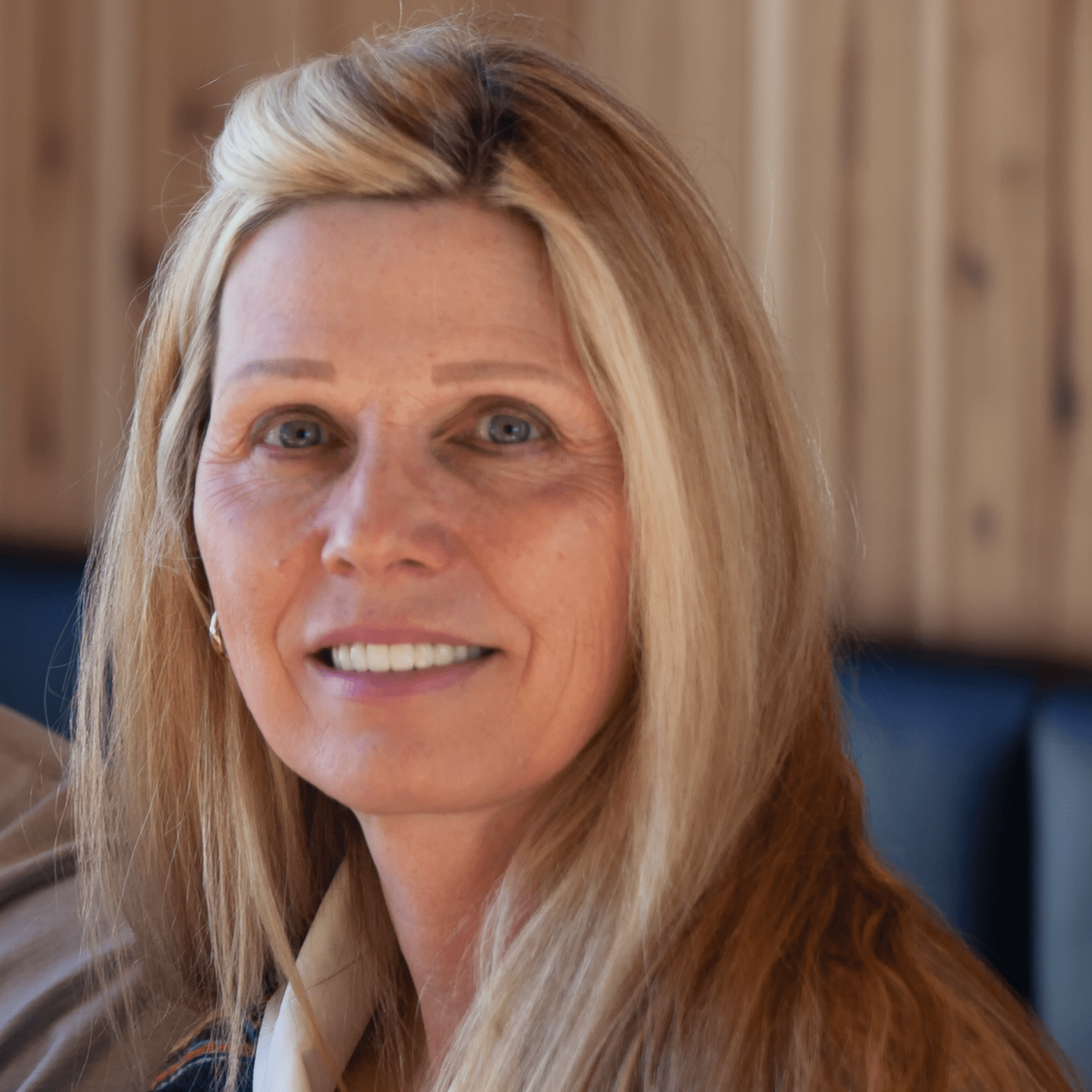
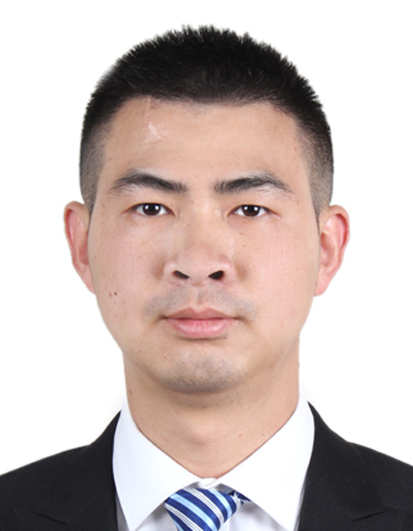
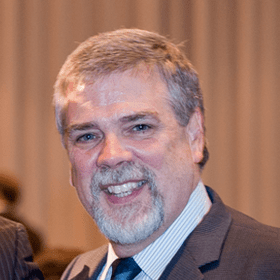
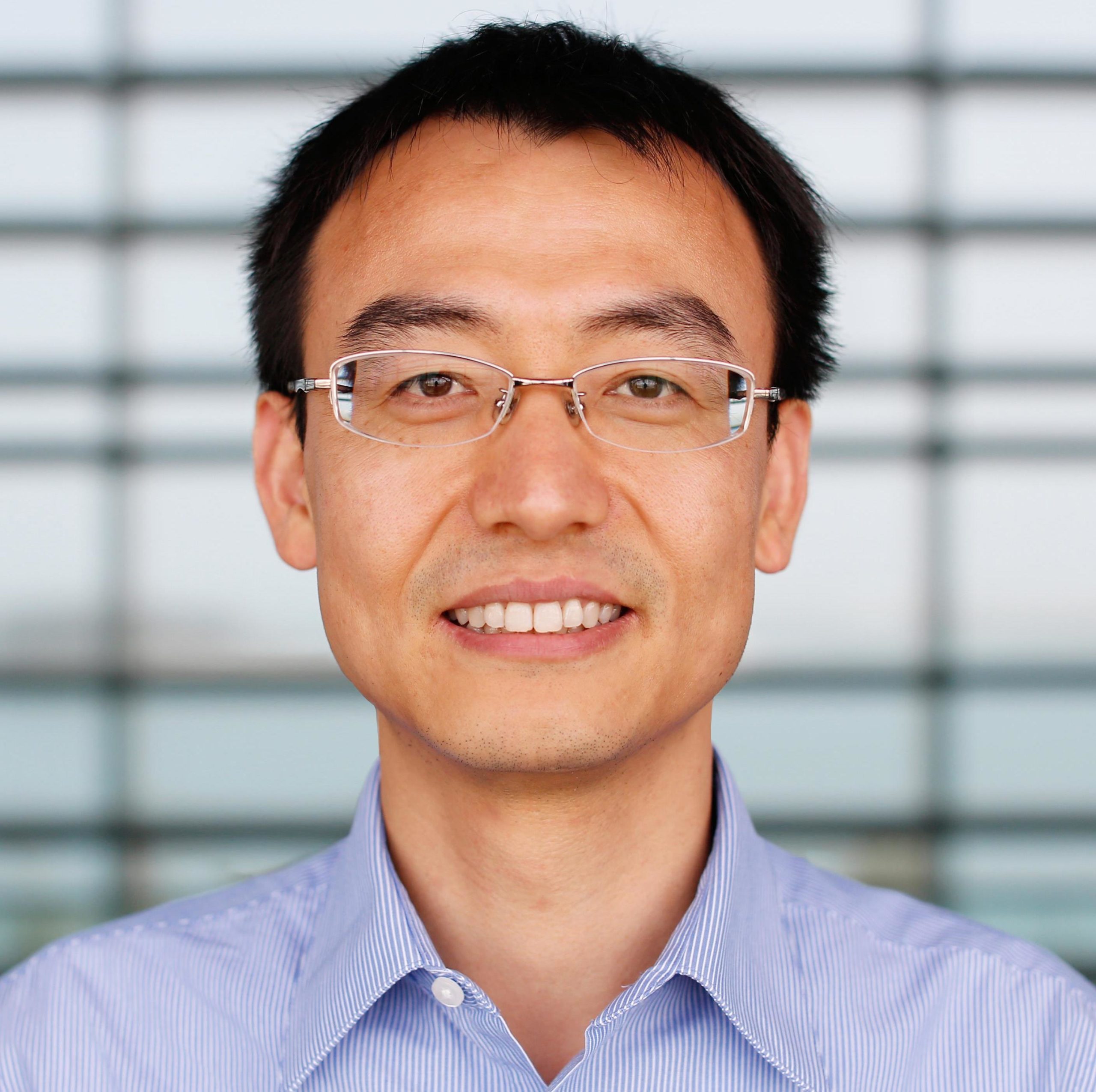
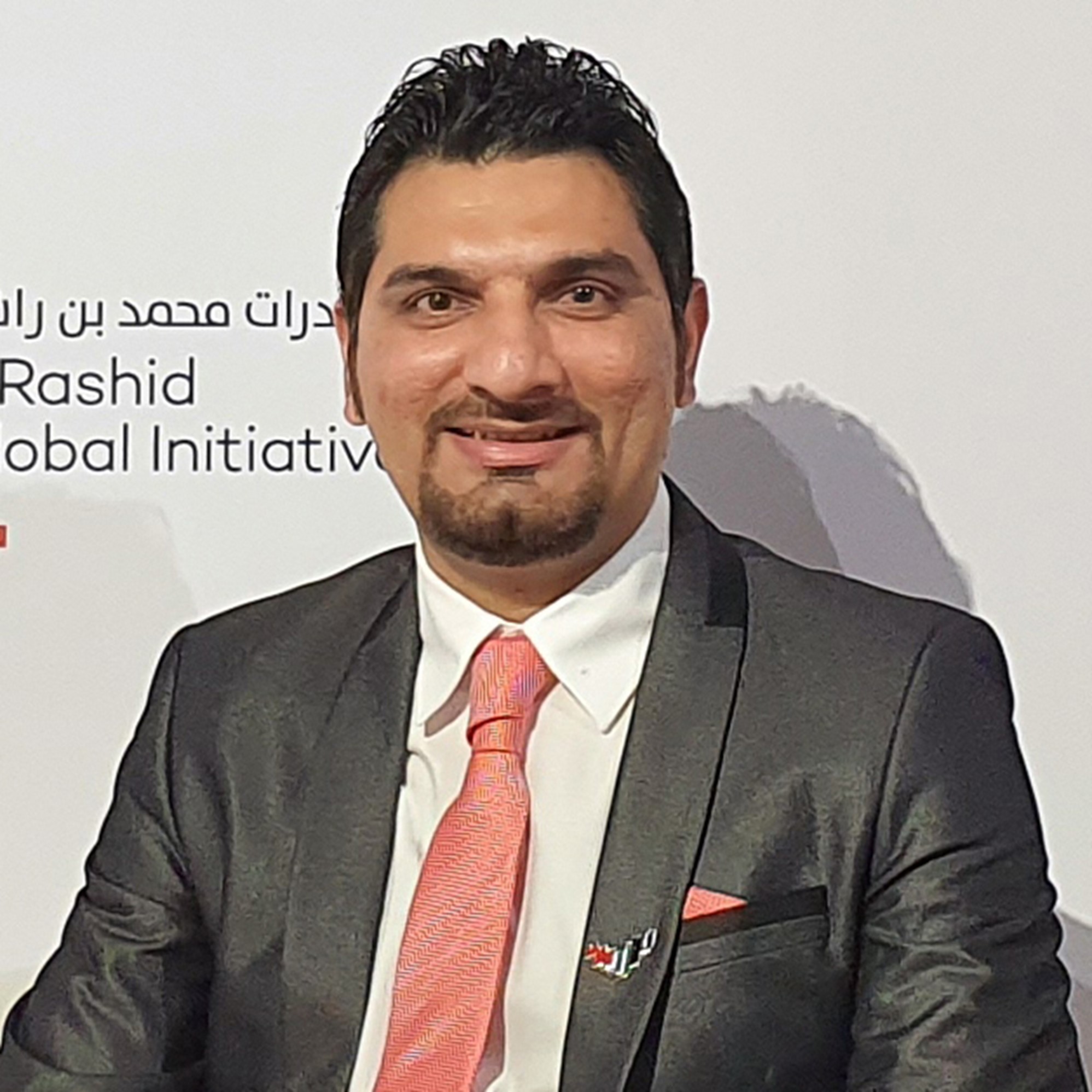
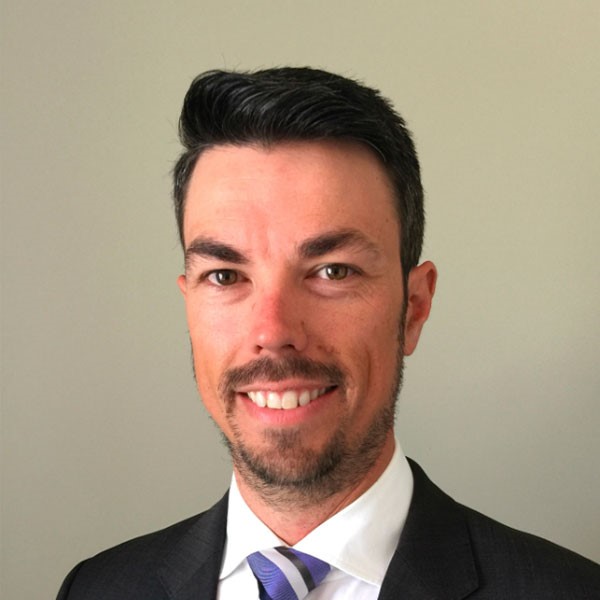

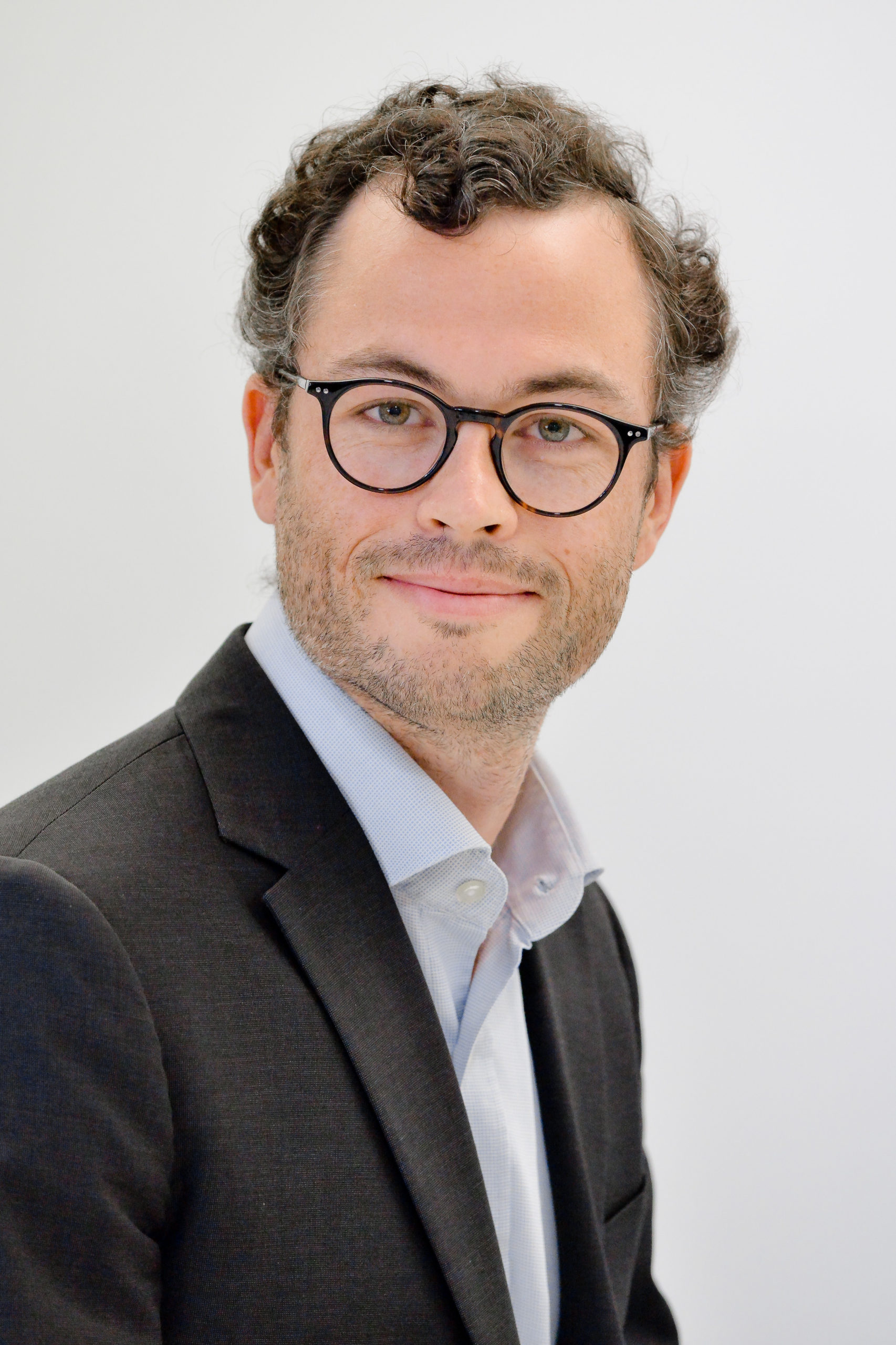
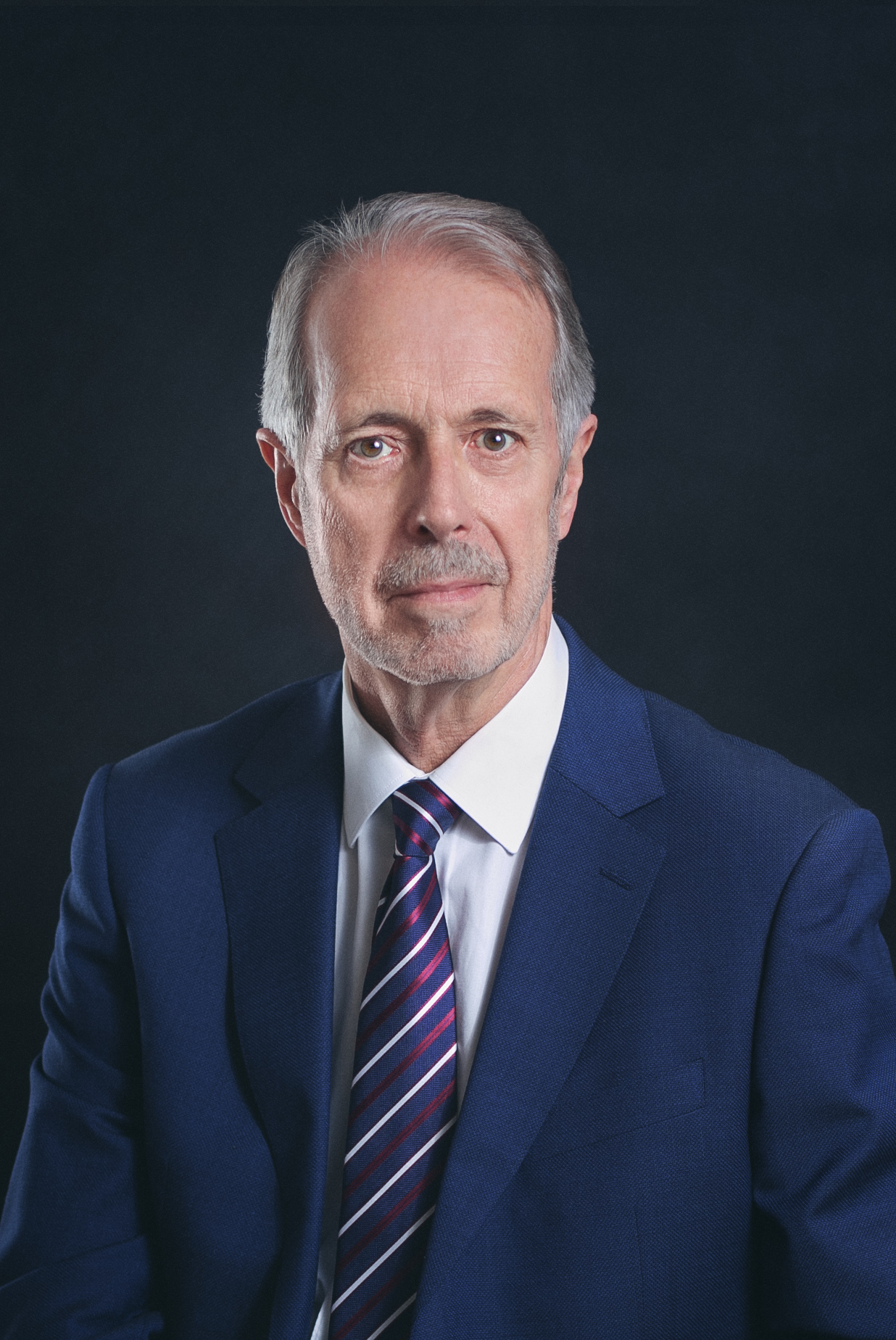
Pitch Videos
PV-MSMD Desalination
- Peng Wang, Professor, KAUST: King Abdullah University of Science and Technology, Saudi Arabia
- Wenbin Wang, PhD Student, KAUST: King Abdullah University of Science and Technology, Saudi Arabia
A process that simultaneously produces fresh water and electricity via multistage membrane distillation (MSMD) and an integrated solar photovoltaic panel. The process, which was developed by a team from King Abdullah University of Science and Technology (KAUST), has the potential to transform a conventional power plant from a huge water consumer to an electricity plus clean water co-producer.
Hybrid MEDAD Desalination
- Muhammad Wakil Shahzad, Senior Lecturer, Northumbria University – Newcastle upon Tyne, UK
A hybrid sea-water desalination process that combines an adsorption cycle with a conventional multi-effect distillation (MED) system to lower the top operating temperature to as low as 10°C (50°F) to boost water production, and employ solar. The cycle integration is achieved by extracting vapor emanating from last effect of the MED by an adsorption (AD) cycle to accommodate additional condensation-evaporation at a lower temperature.
The Barrel SWRO
- Jean-Baptiste Thubert, Technical Director, SIDEM-VEOLIA
A plug-and-play approach to seawater RO, which uses a large-diameter carbon steel vessel that is factory assembled and may contain over 200 RO membrane elements, each of which is equipped with a digital sensor to enable operator monitoring. The arrangement allows for outdoor operation and a reduction in plant footprint.
Solar Dome
- David Reavley, Chief Executive Officer, Solar Water
Fresh water is produced by evaporating a continuous flow of seawater fed into a geodesic dome constructed of steel and glass that measures up to 120m (394 ft) in diameter. Parabolic mirrors concentrate solar radiation on the dome’s structure, where it is conducted down to the lower dome to boiler the seawater. The resulting vapor is condensed as fresh water, while the brine is removed from the bottom of the dome.
Desal Software-as-a-Service
- Mike Dixon, CEO, Synauta
A secure, easy-to-deploy machine learning software package that yields desal plant energy savings. Using algorithms tailored to best predict efficiencies for a given plant, Synauta collaborates with operators to collect the correct data, and deliver a process equipment and instrumentation analysis. Plant flows are manipulated to ensure performance goals are met at a minimum energy input. Following an assessment phase, operators control inputs, and software is integrated with the plant SCADA system.
Copyright © Global Water Intelligence 2020. All rights reserved.


